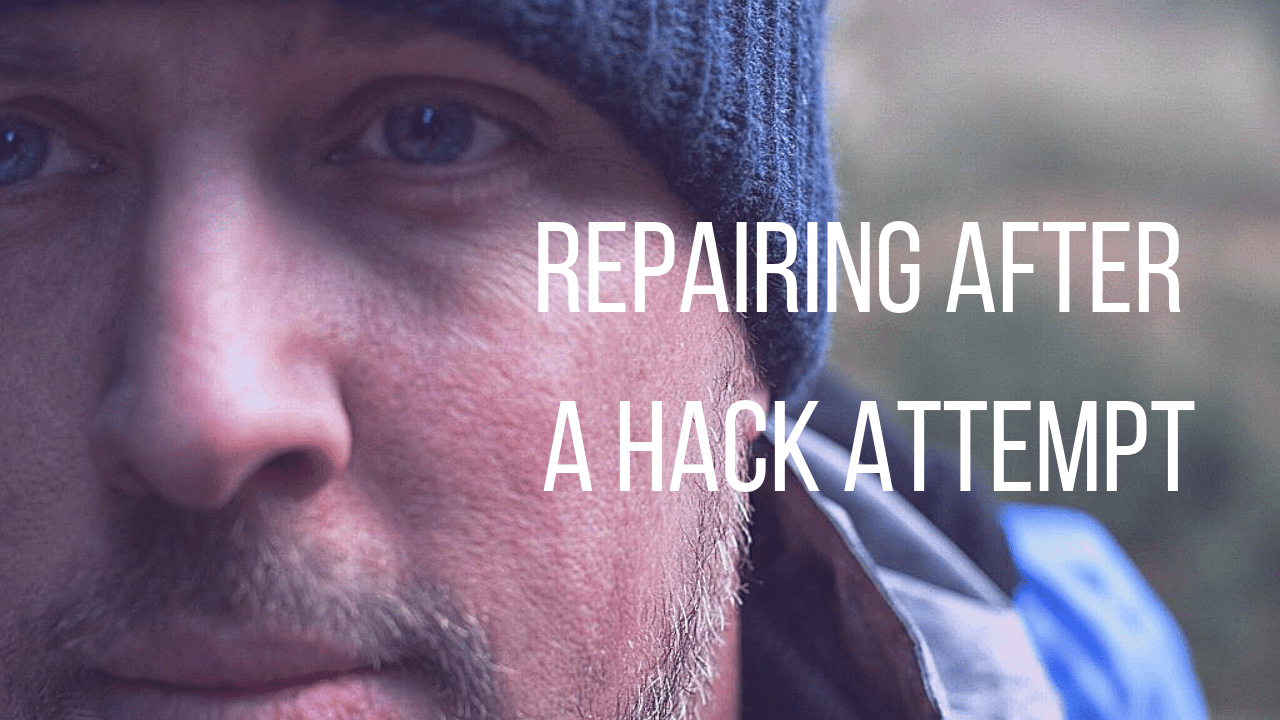How do you feel about your workplace? Aside, of course, from the fact that you have to go to work there. We’d all sooner be spending time with the kids or getting a bit more sleep, that’s accepted. But the workplace itself – the atmosphere, the nature of the work, the people and the building. Do you like it? Do you feel inspired there? Encouraged? At home? It’s an obvious fact that people work better in places where they feel enthusiastic. Now there is no magic formula to create this workplace. It’s a little like building a successful football team. There are so many intangibles that go into making it a whole rather than a collection of parts. The most successful teams can happen out of nowhere. Getting it right is like trapping lightning in a bottle. So you’ve put the work in to create a workplace that works. People come in on time and are happy to see one another. They get down to work, they hit their targets, the business thrives and everything is going well. The thing is, no business exists in a bubble. Things happen, and they can get in the way. When this happens to your business, how you handle it can be the making of your business. How Do You Handle A Crisis? A workplace crisis can be small or large. A happy workplace where everyone gets along can be thrown off course by a crisis, no matter the seeming size. On the lower end of the scale, there may be a financial loss or the sacking of a popular employee. A manager may be headhunted by another company, leaving other workers considering their own positions. On the higher end of the scale are the things no-one wants to think about. Mass redundancies and administration events can happen to businesses that seemed to be flying. The death of an employee can be painful for everyone and coming to work afterwards can trigger people emotionally. This will be all the more acute if there is a death, by illness or accident, that takes place in the workplace. Worse again are incidents of violence where members of staff are killed and injured. All of a sudden, no-one feels safe coming to work. Work itself, and the job people are in, very quickly become secondary events in their lives. How Does A Business Continue When The Worst Happens? For a business to pick itself up and go again when something awful happens, there first needs to be a will to move forward. Some workplace crises are so acute that the business can no longer continue. Where this is not the case, understanding still needs to be shown that no-one will initially feel the way they used to at work. If people don’t want to come back to their jobs, that’s fine. But moving forward has to happen if the business is to continue. And while it is more than acceptable to allow compassionate leave, there should be a full range of options open to staff. With some assistance, such as crisis intervention management by Health Assured, they can deal with the issues raised. While coming to work can take them right back to the terrible incident, the right help can give them closure. What Qualities Does A Leader Need In A Crisis? It is often said that the defining characteristic of a leader is that they are calm in a crisis. This may be true, but we have to consider what “calm” means, exactly. Think of a world leader whose country has seen a terrorist attack or a mass shooting. The behaviour we are used to referring to as “calm” sometimes doesn’t cut it. It’s important not to panic – but it is also important to be able to show emotion. A manager, team leader or other workplace leader should be approachable. And it is reasonable to think that if you can come back to work the day after a terrible event and behave like nothing has happened, that’s not leadership. More than ever, employees need to know you’re on their side and can sympathise. So what you as a leader need to show them is that you’re affected by what has happened, and will help everyone get through it. The good news, it should be said, is that major crises in the workplace are rare these days. Most of us will go through working life not having to face any. But to be ready for them, it is important to know how you would go about reacting to one if it did happen.]]>
- Corporate Dad
- Four Seasons Dad
- Four Seasons Golfer
Recent Posts
My 2020 Golf Course List so Far
14/12/2020Teaching my Daughter to Play Golf
30/04/2020
- Golf Course Reviews
Reviews
4.2 rating
4.2/5
3.5 rating
3.5/5
3.7 rating
3.7/5
3.8 rating
3.8/5
1.1k
0
Golf Course Reviews
JCB Golf and Country Club Review
- 01/11/2021
- 6.9K views
3.8 rating
3.8/5
3.8 rating
3.8/5
3.8 rating
3.8/5
3.0 rating
3/5
3.2 rating
3.2/5
Social Links
Recent Posts
Health & Fitness






















Leave a Reply